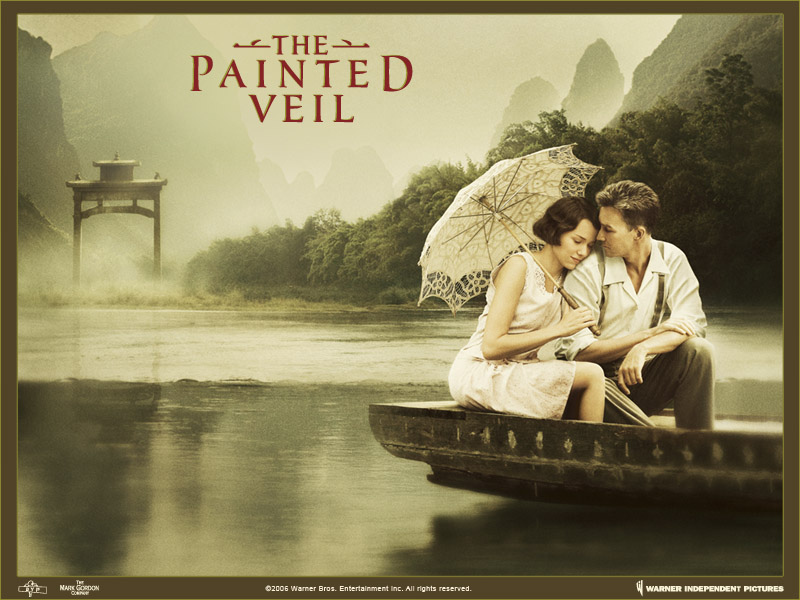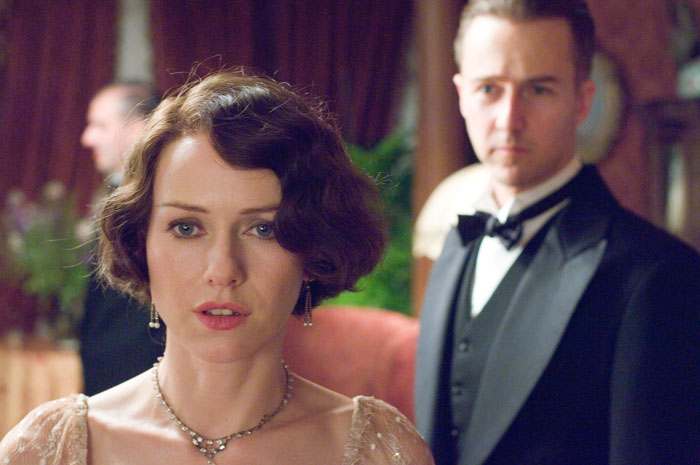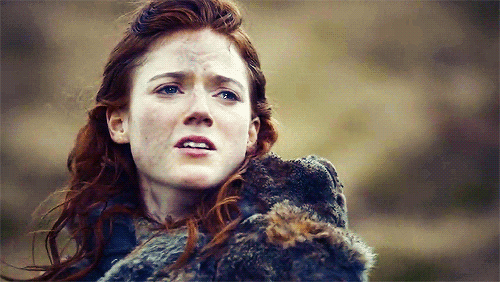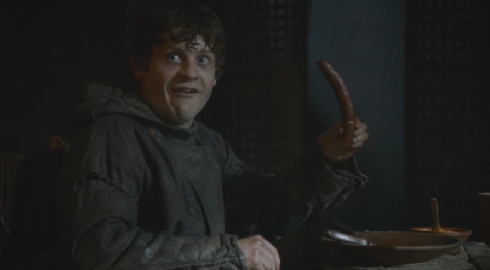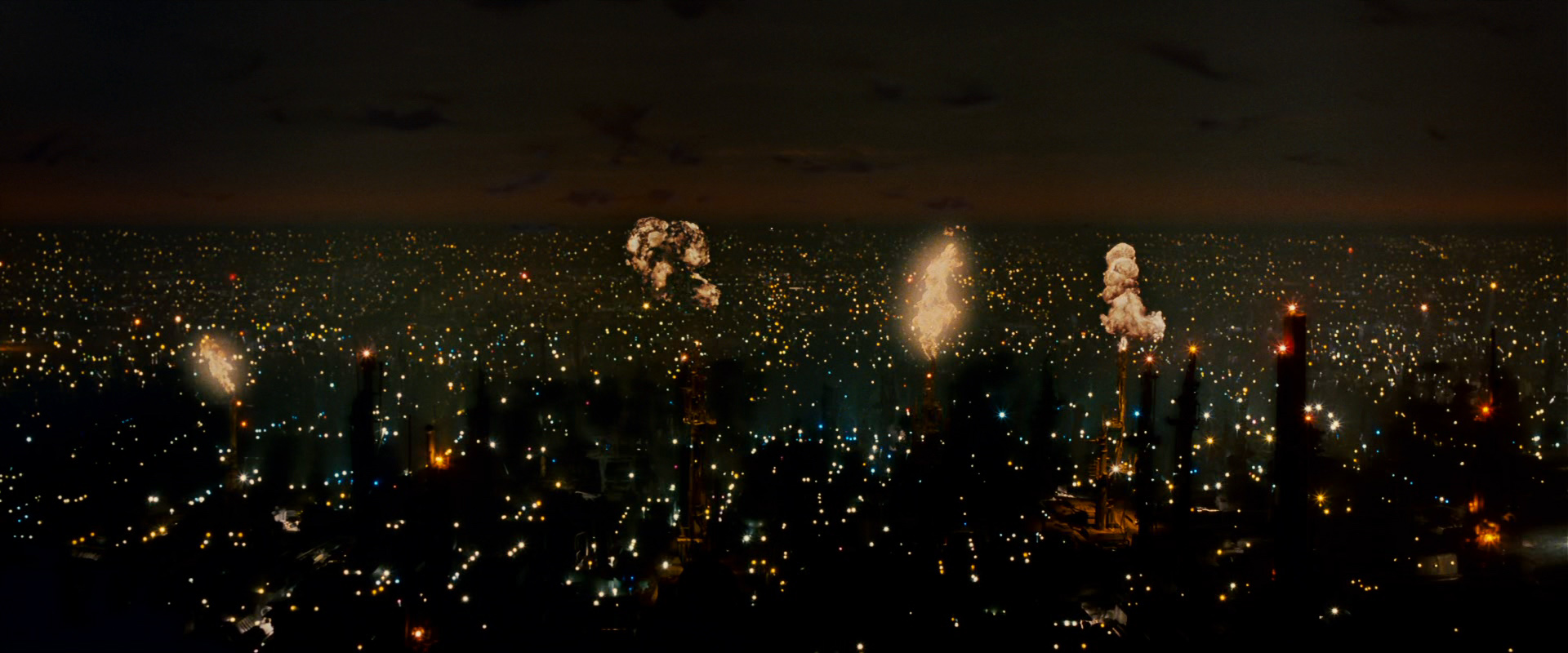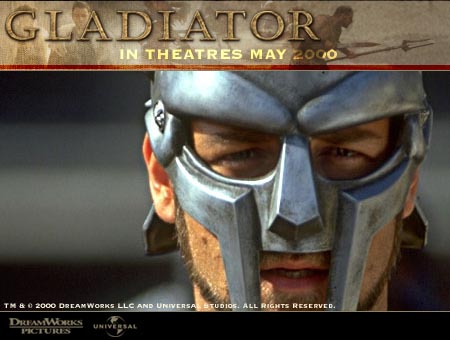Blue is the Warmest Color is the film directed by Abellatif Kechiche, based on the graphic novel of the same name by Julie Maroh. I saw it last night at the State theater in Ann Arbor and was basically completely enthralled by it. While it has some questionable moments that may be style choices, overall it was an amazing portrayal of a rather simple story that many (if not all) viewers have gone through: the process of self-discovery and sexual awakening.
The main stylistic aspect of the film is the use of constant close-ups. Most of the time, the camera focus is mere inches from the actors' faces. I think Kechiche went in that direction because of the extreme intimacy of the story, but also because most of the action that you really want to see is happening on those faces. Adèle (played by Adèle Exarchopoulos) and Emma (Léa Seydoux) reveal vast amounts of their thought processes simply with their eyes and the quirks of their lips. Nothing could be more revelatory than watching Adèle's eyes after her unsatisfying sexual encounter with a man. No dialogue or action could fill that moment better than the emptiness and longing in her gaze and Kechiche was smart enough to use that. Being so close to the actors makes it easier for the audience to both empathize and sympathize with their situations, since we've all been there; all faced those moments of passion, confusion, frustration, loss, bliss, and contentment. This is a technique that was used with the idea that the audience would be an active participant in the events on the screen, whether they know it or not.
It's fortunate, as well, that Kechiche found the actors that he did, as this movie is completely driven by their performances. Exarchopoulos and Seydoux are magnetic, although I'll give the edge to Exarchopoulos, as the film's version of the story is more Adèle's tale than Emma's. Again, the story is relatively simple and the movie runs for over three hours. But there were only two moments in that span of time that I felt like we could move on and that only lightly. Otherwise, I was pretty much enraptured with events and constantly wanting to see what would happen next even when I knew what was coming. Again, I think what helped was the seeming familiarity of much of what was taking place on the screen. Having been in the moment when I was dumped or having had to tell someone that I was no longer interested, I could watch those emotions play out on their faces with the feeling that what I was seeing was real and not just a performance. I'd been there. I knew those feelings and they were occurring as if I was watching a friend go through it and not just an actor hitting her cue.
What makes it even more extraordinary is that Exarchopoulos is only 20 years old with a pretty thin body of work. Kechiche has to get some credit for extracting that performance from his two leads, but it apparently came at some cost, as both cast and crew objected to the extremely long hours that he required on set and both actors said that they would no longer work with him. Was it worth the pain and frustration for both of them to receive the Palm d'Or at Cannes, in addition to the director, for the first time ever? That's up to them to decide, but it's certainly a demonstration of just how heavily the film relies upon their excellent work. What makes Adèle stand out is the constant passion emerging from her. While Emma is the older character and plays her cards a little closer to the vest vis-a-vis her feelings, Adèle is on constant display all the time, even when she desperately tries to contain it later in the film. In that way, she plays a late-teens girl perfectly. But even later, as she matures, her intensity doesn't lessen and the love, confusion, and agony she feels blares from the screen. I'm not a huge fan of French cinema, as I find it relatively self-indulgent in a lot of ways (i.e. the director has a fetish that he's playing out, regardless of audience expectations or the needs of the story) but one thing that tends to emerge in most French films is passion and this film has that at every step.
No moment makes that more obvious than the scene in the park, shortly after the two have met. The sexual and personal tension present is enormous, as Adèle so obviously desires this woman and wants to fulfill this inner question that's been nagging at her for some time. Meanwhile, Emma, still a little cagey, wants to respond but is restrained by her natural reluctance and the fact that she's currently involved with someone else. And, yet again, we've all been there so this moment feels not only perfectly natural but like a reliving of moments in the past. That's great storytelling.
Interestingly, the story for the film is an extremely stripped-down version of that of the graphic novel. The latter is a kind of re-telling, in that Emma begins to read the diary of her partner, Clementine, after the latter has died. The events described by the diary are far more jarring and tragic than what happens in the film and, indeed, Maroh has said that she considers the film to be "another version... of the same story." Maroh also objected to the blue elephant in the room: the sex. The film is rated NC-17 in the US, which isn't surprising given the starkly different attitudes toward sex in American and French cultures. Consequently, you have American reviewers agog about the film itself, for the most part, but also cringing in true, Puritanical fashion over the lengthy scenes of two women making love. But Maroh also objected, comparing the scenes to porn and suggesting that the gay community in France found them "ridiculous" but later suggesting that it was a personal stance and that she would be interested to see how other women reacted.
Clearly, if you're making a film about sexual awakening and modern, sexual relationships, you're going to have sex on the screen, full stop. And, granted, hetero male here so watching two gorgeous women on screen, clearly enjoying themselves, is far from the worst way I could be spending my time. OTOH, one of my two questionable moments as an audience member was during one of those scenes because it was so lengthy (10 minutes.) Again, a movie about passion needs passion in it and the latter is an emotion best savored for as long as possible. I think this film does that. I just remember drifting a bit during that scene and thinking that it could have been curtailed just a bit given how much emotion and evidence of same had already been built up. It occurred to me at a couple other moments during the film that Hechiche might be a bit more pointed in his exposure of the audience to the story's overarching sexuality when he showed Adèle asleep or otherwise lying on her bed with her ass directly toward the camera. It's an open question whether this was an attempt at titillation or a constant reminder about the type of awakening taking place. In those respects, I can see where Maroh's comparison to porn comes from: it's seemingly gratuitous because it's not providing anything that the story needs that hasn't already been given. Or is it?
However, sex is also an expression of intimacy and part of the film's underpinning is not only the awakening of the desire to fulfill that intimacy in Adèle, but also how she shifts that into an essential part of her relationship with Emma. Despite viscerally objecting to her high school classmates' suspicion of her as a lesbian and being as guarded with her feelings and body as many other teen girls, she later takes to posing repeatedly for Emma's paintings, which will be publicly displayed and likely sold to other people. That's part of Adèle engaging herself to fulfill what her partner needs on a creative level and also her blossoming into someone that treats the human form and its physical activities as part of the natural world (i.e. very unAmerican.)
Unfortunately for her, that engagement also opens the door to a source of friction in their relationship, in that Adèle's feeling of fulfillment in simply being with Emma conflicts with the latter's more creative nature. Adèle only writes for herself and only in her diary but she has clearly shared this writing with Emma, who insists that it declares potential for Adèle to do something more. Her insistence is perceived as a slight and it creates a rift in their relationship because one has found fulfillment and the other is constantly striving for more and tends to lose respect for those around her that don't. I've been there. I've exposed people to that kind of remonstration and it had the predictable results, which is yet another point upon which I was really able to identify with this film. One opens oneself only to receive the barbs. Which is better: the turbulence of truth or the placidity of the illusion? Is it an illusion to simply be happy with what you have or is it an example of two people not truly in touch with each other?
The other slightly off moment was during the scene where Adèle has prepared a party for Emma's first show. There is a classic black-and-white film flickering by on a screen in the background, which uses brilliant juxtaposition for moments when Adèle's frustration and jealousy work in concert with the surprise and dismay of the nameless actress on the screen. But this scene was rather lengthy for what it conveyed, as well, and after a few minutes of driving home the negative impressions that Adèle was getting, I felt the urge to move on to something new. But those are two isolated moments in a 180-minute film that many people may not even notice. I do because I'm the damndest critic.
Of course, in a story of of self-discovery, you're almost naturally going to have hiccups. That's part of the process. There's an interesting moment where Adèle is striving to contain her emotions while on the job as a schoolteacher for very young children that you realize that this is still a somewhat-child teaching other children and it makes you realize just how traumatic her current circumstances are, as she went from confusion and feelings of isolation to bliss and then back to confusion and isolation. That's a difficult circumstance for anyone, but even moreso for one who can't rely on friends or family to understand her emotional problems if she feels that she can't reveal their source. The film does an excellent job of portraying the fact that, despite French society's more relaxed attitudes toward sex, its relationship with homosexuality is as complicated as that of many others.
Clearly, I loved it. It's one of the best films I've seen in many, many years and completely in spite of the story being so outwardly simple. I can't recommend it enough.






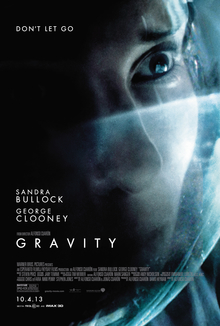

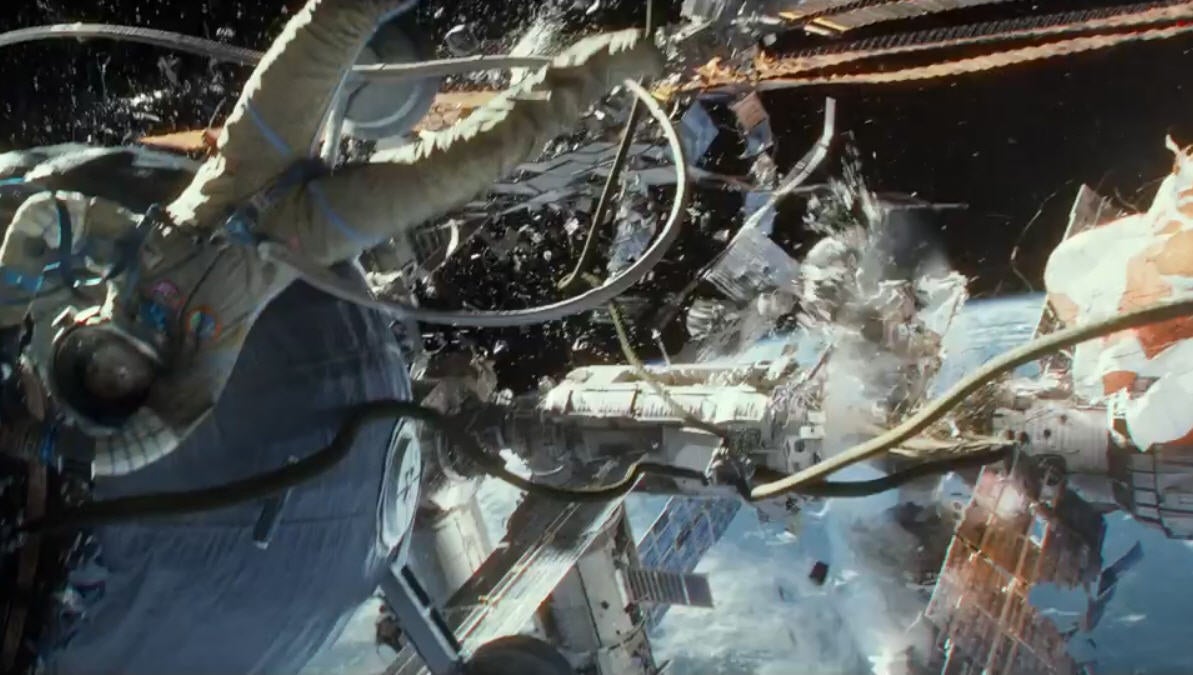


.jpg)






